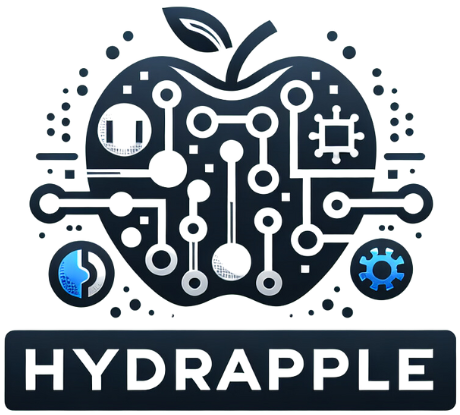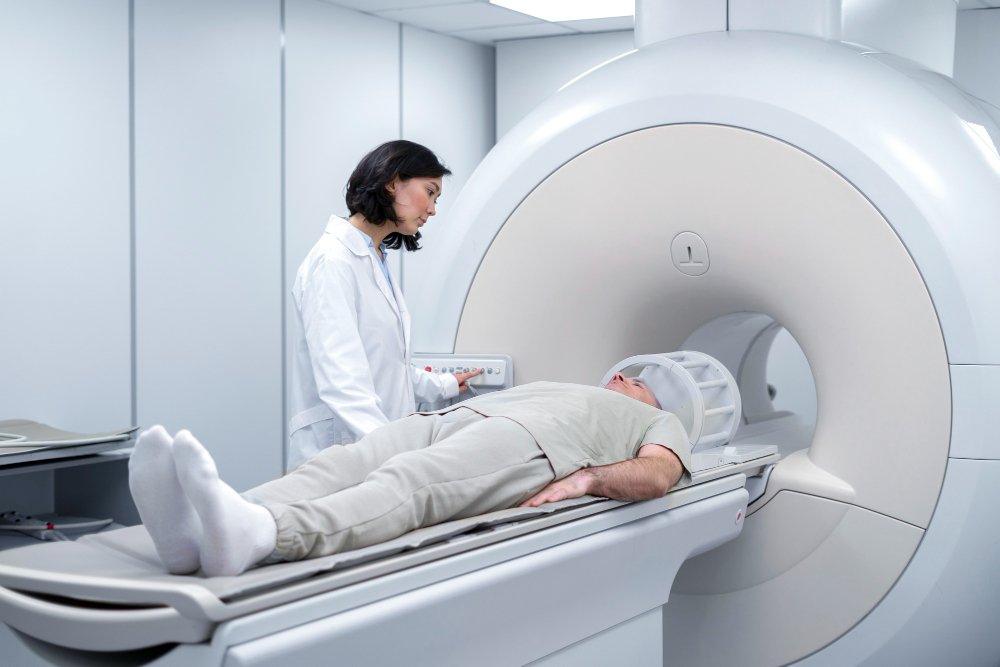Magnetic Resonance Imaging (MRI) has been a progressive medical pressure, remodeling how healthcare experts diagnose and treat sufferers. But at the back of each hit MRI experiment lies the knowledge of an MRI technologist (MRI tech), an essential player in scientific diagnostics. From working with cutting-edge imaging machines to ensuring patient comfort and care, MRI tech is bridging the space between generation and healthcare.
Suppose you’re a healthcare expert, technology enthusiast, or aspiring scientific expert. In that case, this guide dives into the significant role MRI techs play in healthcare, the tech advancements shaping the field, and how you can be part of this impactful career.
What Does an MRI Tech Do?
MRI technologists are noticeably professional specialists who operate MRI machines to create specific pics of an affected person’s inner systems. These photos are critical for diagnosing various situations, from mind issues to ligament tears. But their function goes beyond simply clicking buttons on a system.
Responsibilities of an MRI Tech
- Patient Care: MRI techs are often the first point of contact for patients present process scans. They ensure patients are comfortable, explain the system clearly, and address any concerns.
- Operating Advanced Equipment: From calibrating MRI machines to real-time monitoring scans, MRI technologists paint with sophisticated scientific gadgets.
- Safety Compliance: They maintain rigorous protection standards, making sure the affected person and themselves are not exposed to dangerous magnetic fields or other dangers.
- Collaborating with Doctors: MRI techs collaborate with radiologists and other healthcare professionals, imparting them with extraordinary pictures and targeted observations that are useful resources in analysis.
Without MRI techs, healthcare specialists could not utilize the full ability of this recreation-converting technology.
Advancements in MRI Technology
MRI machines are among the most superior tools in contemporary medicine, and they continue to conform at a panoramic pace. These improvements benefit each patient and healthcare vendor brilliantly.
Recent Innovations in MRI Technology
- Faster Scanning Times
Older MRI machines often involved long, tedious scans that left sufferers feeling demanding. MRI machines are faster and more efficient, decreasing experiment instances notably.
- Higher Image Quality
Recent upgrades in hardware and software have advanced the decision-making process for scans, taking into account sharper, more specific visuals. This enables medical doctors to diagnose conditions with pinpoint accuracy.
- AI in Imaging
Artificial intelligence (AI) is now being integrated into MRI machines, supporting technologists in analyzing scans faster and more efficaciously. AI automates photo processing and even predicts abnormalities.
- Open MRI Machines
For patients with claustrophobia or bodily barriers, open MRI machines provide an extra comfortable reveal without sacrificing imaging.
These advancements reshape how MRI techs perform the machines and how medical doctors diagnose various situations. It’s no surprise that MRI technology remains at the forefront of clinical innovation.
The Future of MRI in Healthcare
What lies beforehand for MRI technology? The possibilities are inspiring and boundless!
- Personalized Medicine
MRI generation is expected to play a key role in personalized medicine generation. Instead of one-size-fits-all diagnoses and remedies, MRI scans will help tailor interventions that are precise to the individual sufferers.
- Portable MRI Machines
Imagine MRI machines that could fit into ambulances or small clinics. Portable MRI structures are already under development and have the potential to revolutionize emergency medicine.
- 3-D Imaging and Beyond
Destiny should carry ultra-excessive-resolution imaging capable of creating hyper-distinctive 3-D fashions of an affected person’s anatomy. This will be a sport-changer for preparing for surgical procedures or analyzing complicated cases.
These advancements imply that professional MRI techs will only develop. Are you prepared to help shape the destiny of healthcare?
Career Insights for Aspiring MRI Techs
Are you thinking about a career as an MRI technologist? Here’s the whole lot you need to realize about getting started.
Educational Path
Launch your profession by finishing an authorized MRI technologist program. These applications frequently take 2–4 years and consist of guides on anatomy, physics, and the standards of the MRI era.
Certification and Licensing
Most regions require techs to earn certification through companies like the American Registry of Radiologic Technologists (ARRT). Certification demonstrates information, which is crucial for landing an awesome activity.
Career Opportunities and Growth
The demand for MRI technologists is rapidly developing. The U.S. Bureau of Labor Statistics projects a 9% boom in jobs by 2030. MRI techs aren’t restricted to hospitals; they can find opportunities in diagnostic labs, research facilities, and even the veterinary field.
Perks of the Job
- Job Stability: The medical field continually hires skilled professionals.
- Good Salary: MRI techs enjoy competitive pay, with U.S. averages ranging between $60,000 and $80,000 in step with yr.
- Personal Fulfillment: Knowing you’re directly contributing to diagnosing and treating sufferers is intensely profitable.
If you are captivated by generation and affected person care, becoming an MRI tech may be a fulfilling and money-making profession choice.
Why MRI Techs are Heroes in Healthcare
MRI generation is more than simply machines and pictures—it’s the humans backstage who perform this generation that make it all viable. MRI technologists combine technical understanding with compassionate care, making sure patients receive the highest-quality clinical imaging.
Whether you’re a healthcare professional looking to recognize better MRI techs’ impact or an aspiring tech keen to begin your profession, there’s no denying the crucial role MRI technologists play in contemporary healthcare.
Don’t hesitate—keep exploring. Interested in becoming an authorized MRI tech or staying updated on the latest advancements within the area? Subscribe to our e-newsletter for more insights!

